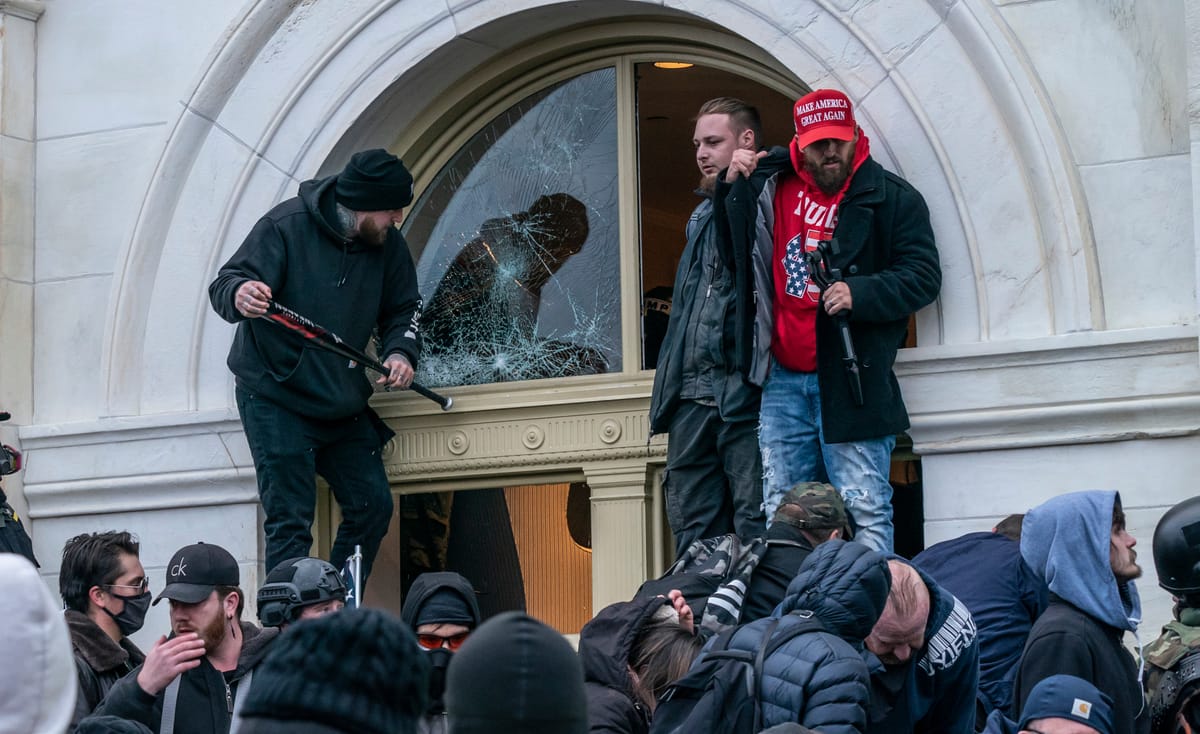In a shocking act on July 13, a man attempted to assassinate Donald Trump at a campaign rally in Butler, Pennsylvania. Trump will recover from his wound but, tragically, a 50-year-old man attending the rally was shot and killed.
Violence has no place in a democratic political system, and we condemn this despicable act. Yet we must also acknowledge that no one has done more to inject violence into our political discourse than Trump.
He demonizes his political opponents as “animals,” “scum” and “vermin.” He calls for jailing his opponents without cause and forcing them to stand before military tribunals. He speaks of the “bloodbath” that will occur if he loses the election. When a deranged man attempted to murder House Speaker Nancy Pelosi’s husband with a hammer, Trump mocked the incident as his audience laughed.
[…]
None of this justifies the attempt on his life – or any kind of political violence against anyone. Yet Trump has continually framed American politics as a violent struggle requiring bloodshed. Trump regularly charges up his supporters by using destructive and violent rhetoric.
[…]
Terry Szuplat, a former Obama speechwriter […] offered some thoughtful ideas:
We can stop describing fellow Americans we disagree with as “enemies” who need to be “destroyed” or “crushed.”
We can stop whipping up audiences to “fight” and “take back our country.” Our diverse society of more than 300 million people is not something that any one group owns or can “take” from our neighbors.
We can resist absolutist language like “good” vs. “evil.” Framing complex issues on which reasonable people can disagree in absolutist terms becomes a license to use any means necessary to ensure that “good”—at least as the speaker perceives it—prevails, no matter what the cost.
Don’t otherize. There is no “us” vs. “them.” There’s only “we the people”—Americans who rise and fall together.
Don’t demonize. Just because someone disagrees with us doesn’t make them “dark,” “sinister,” or “wicked.”
Don’t dehumanize. When we refer to other people as “animals” or “vermin,” it can lead to violence against our fellow Americans.”



A Brief History of Trump and Violence — (archived)